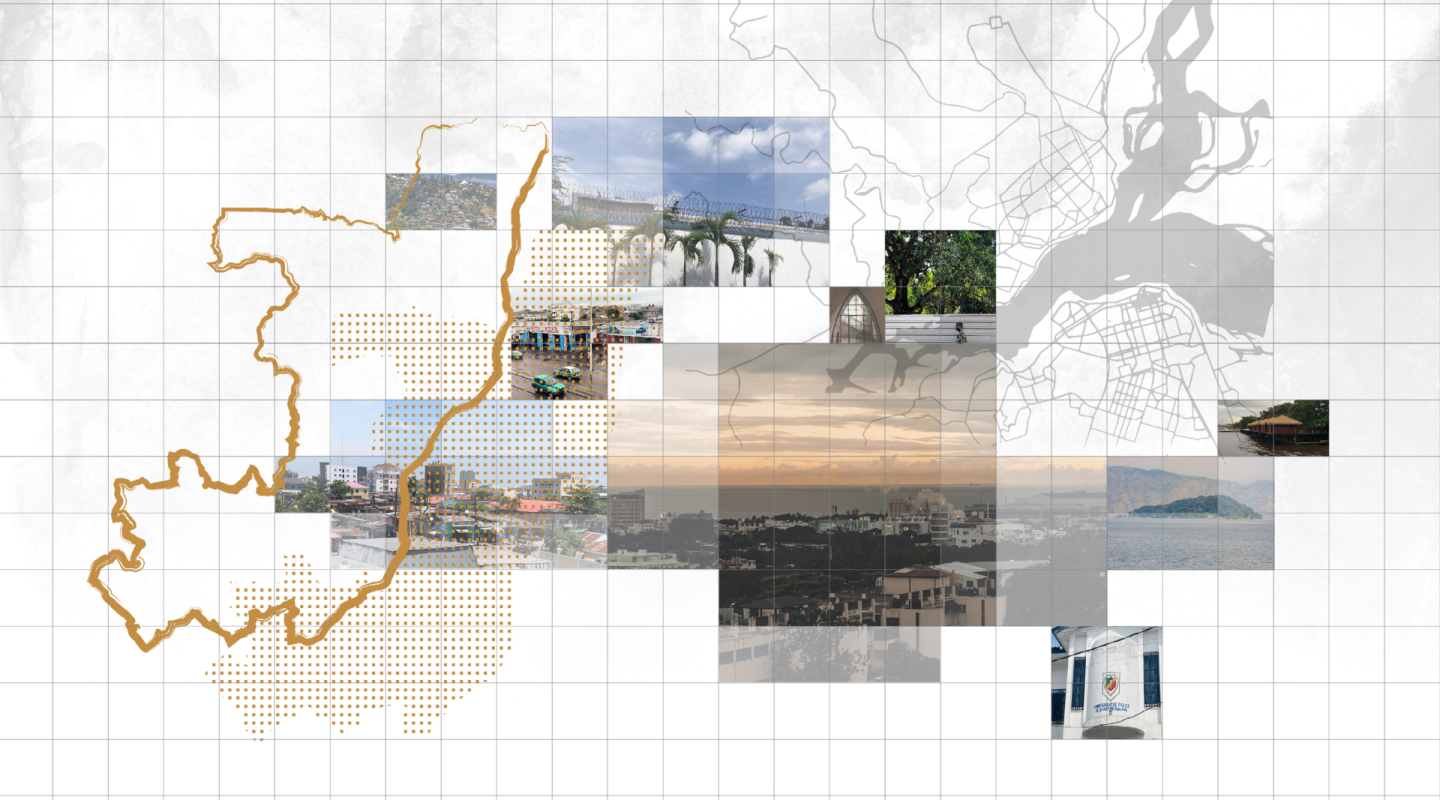
Republic of the Congo
Capital city — Brazzaville
Incarceration rate (per 100,000 inhabit…
i09/2019Country population
i2022Type of government
Human Development Index
0.571(153/191)
i2021/ UNDP, Human development summaryHomicide rate (per 100,000 inhabitants)
Data not disclosed
Name of authority in charge of the pris…
Ministry of Justice, Human Rights and t…since 1991
Total number of prisoners
1,600This figure corre…
i02/09/2022/ prison serviceAverage length of imprisonment (in mont…
Data not disclosed
Prison density
313 %The cited prison…
Total number of prison facilities
An NPM has been established
Female prisoners
2.1 %This figure corre…
i02/09/2022/ prison serviceIncarcerated minors
4.2 %This figure corre…
i02/09/2022/ prison servicePercentage of untried prisoners
66.4 %This figure does…
i02/09/2022/ prison serviceDeath penalty is abolished
Contact with the outside world
Visitation rights
All prisoners have the right to receive visits
In theory, anyone can receive visitors unless otherwise stated by the judicial authority (Order dated 15 September 2011 establishing the remit and organisation of the DGAP’s services and offices, Article 13).
Temporary restrictions on visits were introduced during the Covid-19 pandemic in order to limit the spread of the virus.
Anyone who wishes to visit a relative must request a “communication permit” from the competent magistrate for prisoners in remand detention or from the sentence enforcement judge for convicted prisoners Order dated 15 September 2011 establishing the remit and organisation of the DGAP’s services and offices, Article 11).
In Brazzaville, civil society organisations report that relatives must pay surveillance officers to gain access to the visitation area.
People eligible to visit
family and friends
All prisoners are entitled to visits from their spouse or partner, their parents and in-laws, their friends and acquaintances, and from any humanitarian and/or charitable organisations or associations Order dated 15 September 2011 establishing the remit and organisation of the DGAP’s services and offices, Article 13).
Visits last 15 minutes and take place in a shared space with a guard present (Order dated 15 September 2011 establishing the remit and organisation of the departmental direction of the prison service, Articles 9 and 10). No spaces are available for visitors to be alone with their relative in prison.
All visitors must provide identification and explain their relationship or friendship with the prisoner (Article 14).
Visitors are allowed to bring food to prisoners. They are required to sample it in front of surveillance staff.
Correspondence
Prisoners are allowed to exchange mail
yes
Prisoners may write every day and as much as they like to anyone they choose, unless they have been specifically forbidden from communicating (Order dated 15 September 2011 establishing the remit and organisation of the departmental direction of the prison service, Article 20).
The concepts of privacy and confidentiality are not respected. High illiteracy rates compel many prisoners to ask fellow prisoners or staff members to write their letters for them.
Mail exchanged is subject to control
Incoming and outgoing letters are read for monitoring purposes (Order dated 15 September 2011 establishing the remit and organisation of the departmental directorates of the prison service, Article 22). Letters written in foreign languages must be translated into French (Article 23).
Prisoners are allowed to receive parcels
yes
Incoming and outgoing parcels are inspected (Order dated 15 September 2011 establishing the remit and organisation of the departmental directorates of the prison service, Article 26).
Phone calls
Prisoners are allowed to make external phone calls
Prisoners can only make telephone calls in the presence of a guard, using the public phone Order dated 15 September 2011 establishing the remit and organisation of the DGAP’s services and offices, Article 19).
The Brazzaville remand prison does not have a telephone available for use by prisoners, who can only call relatives in case of emergency, using a telephone reserved for the prison service.
Phones calls are wire tapped
Prisoners must make telephone calls in the presence of a guard Order dated 15 September 2011 establishing the remit and organisation of the DGAP’s services and offices, Article 19).